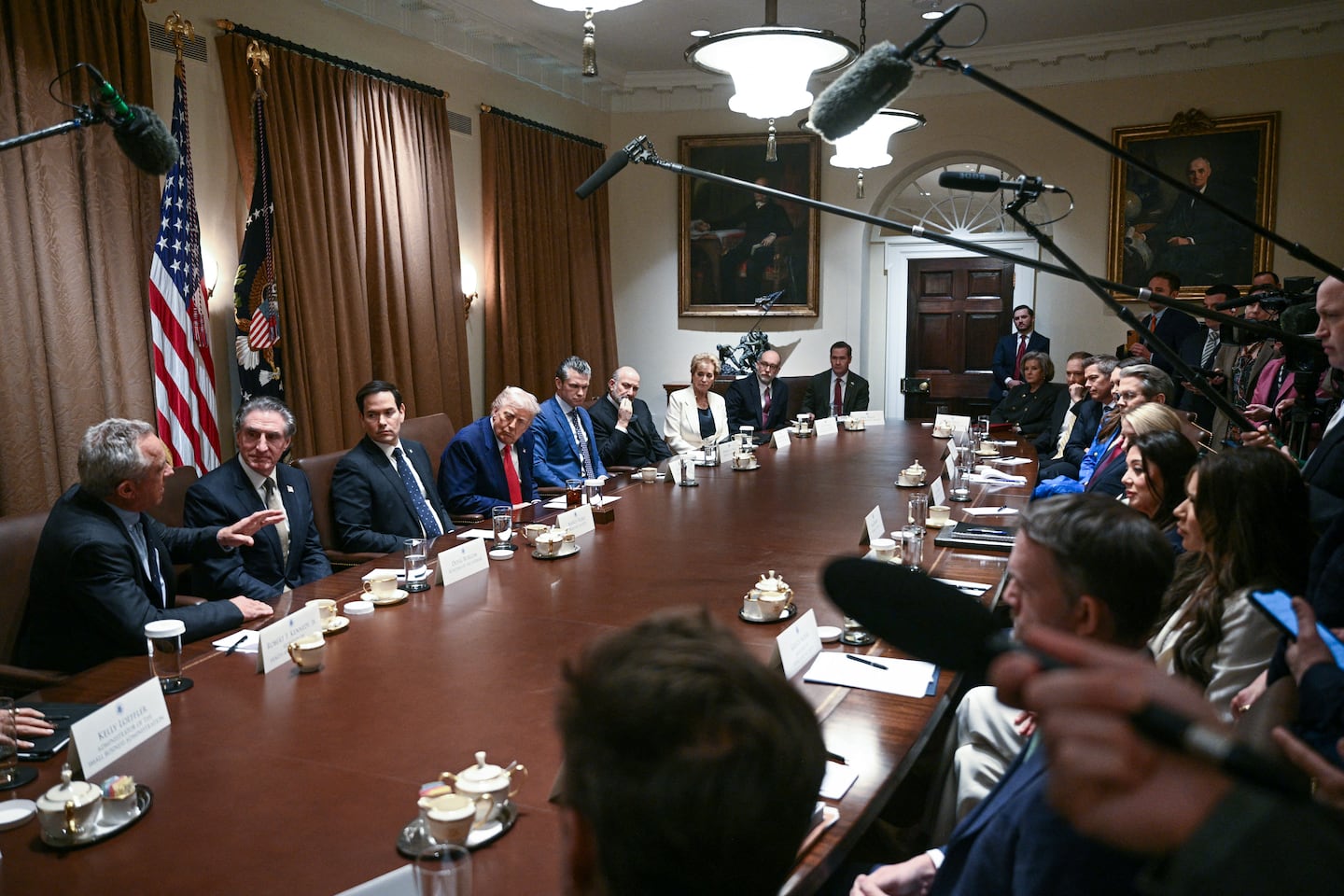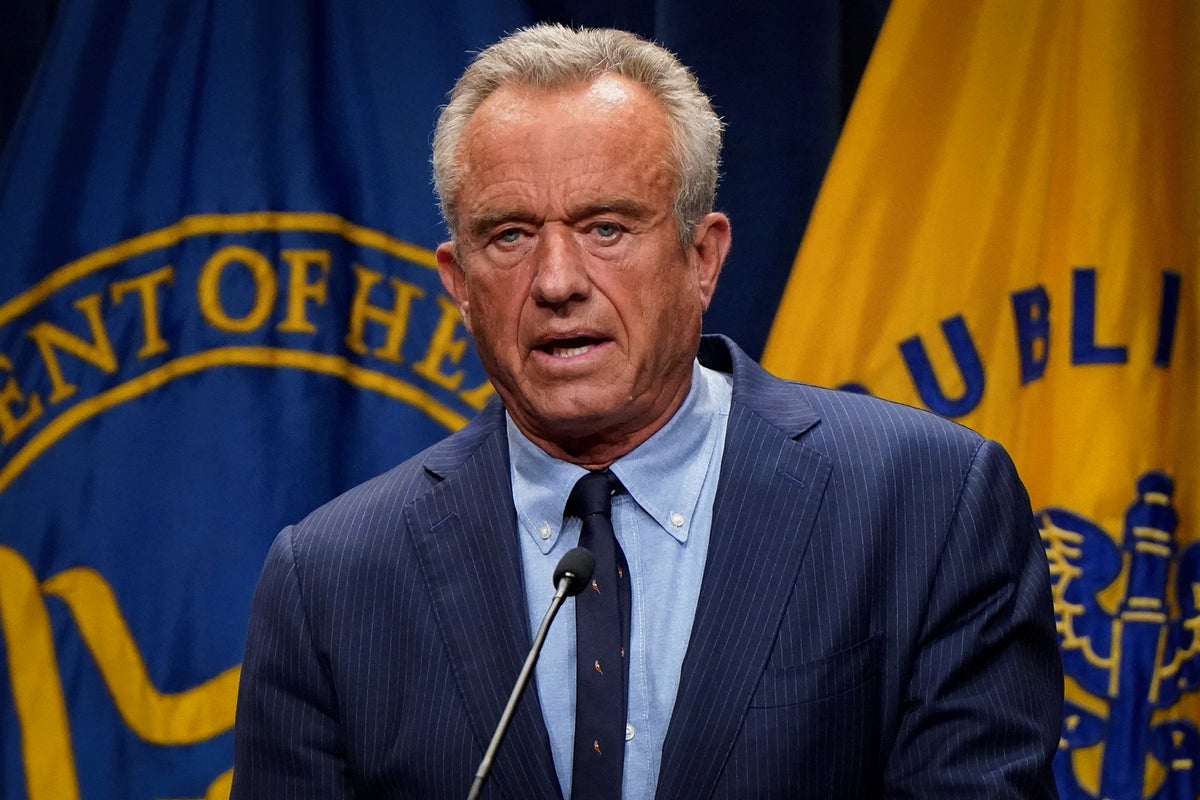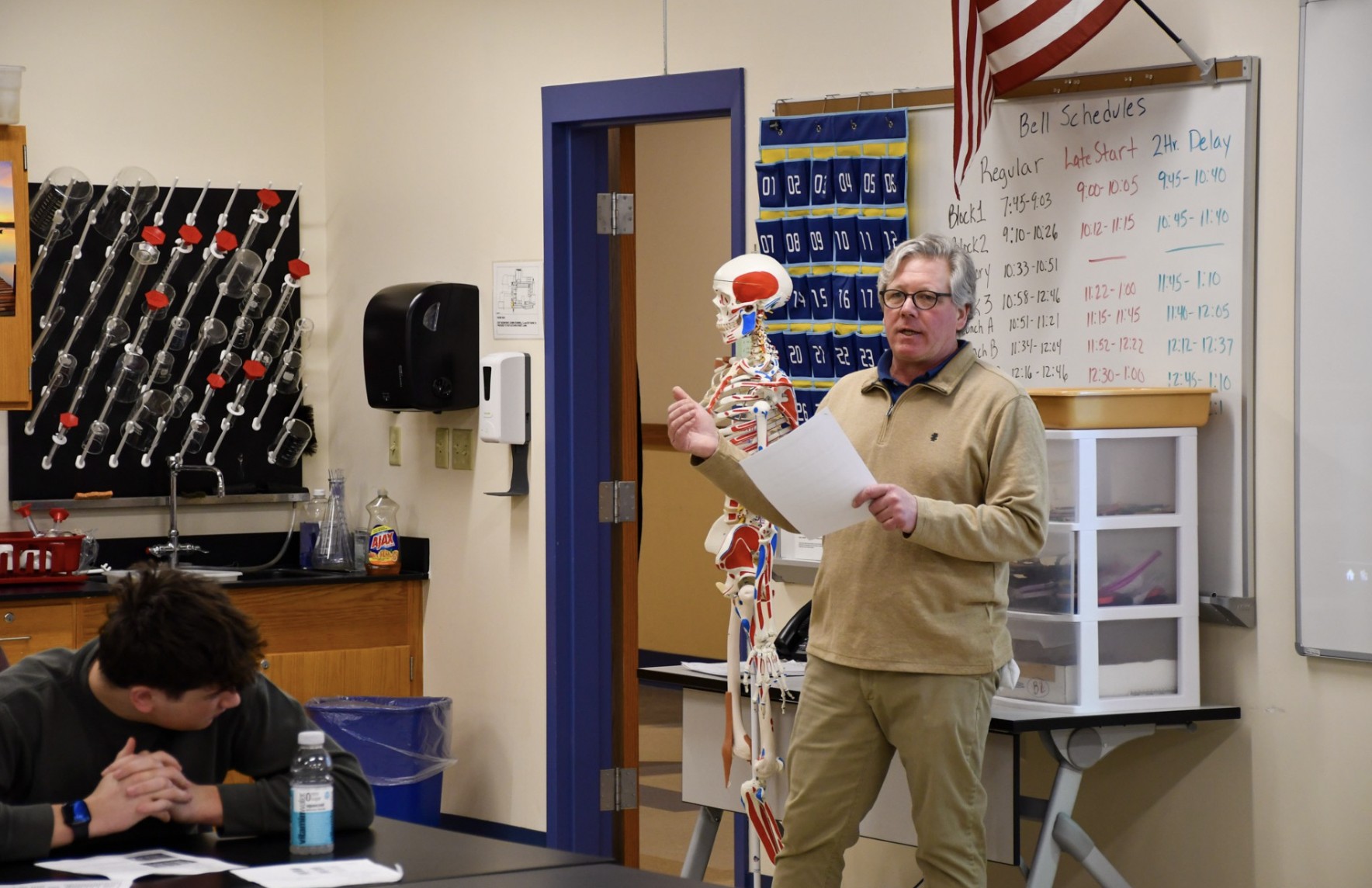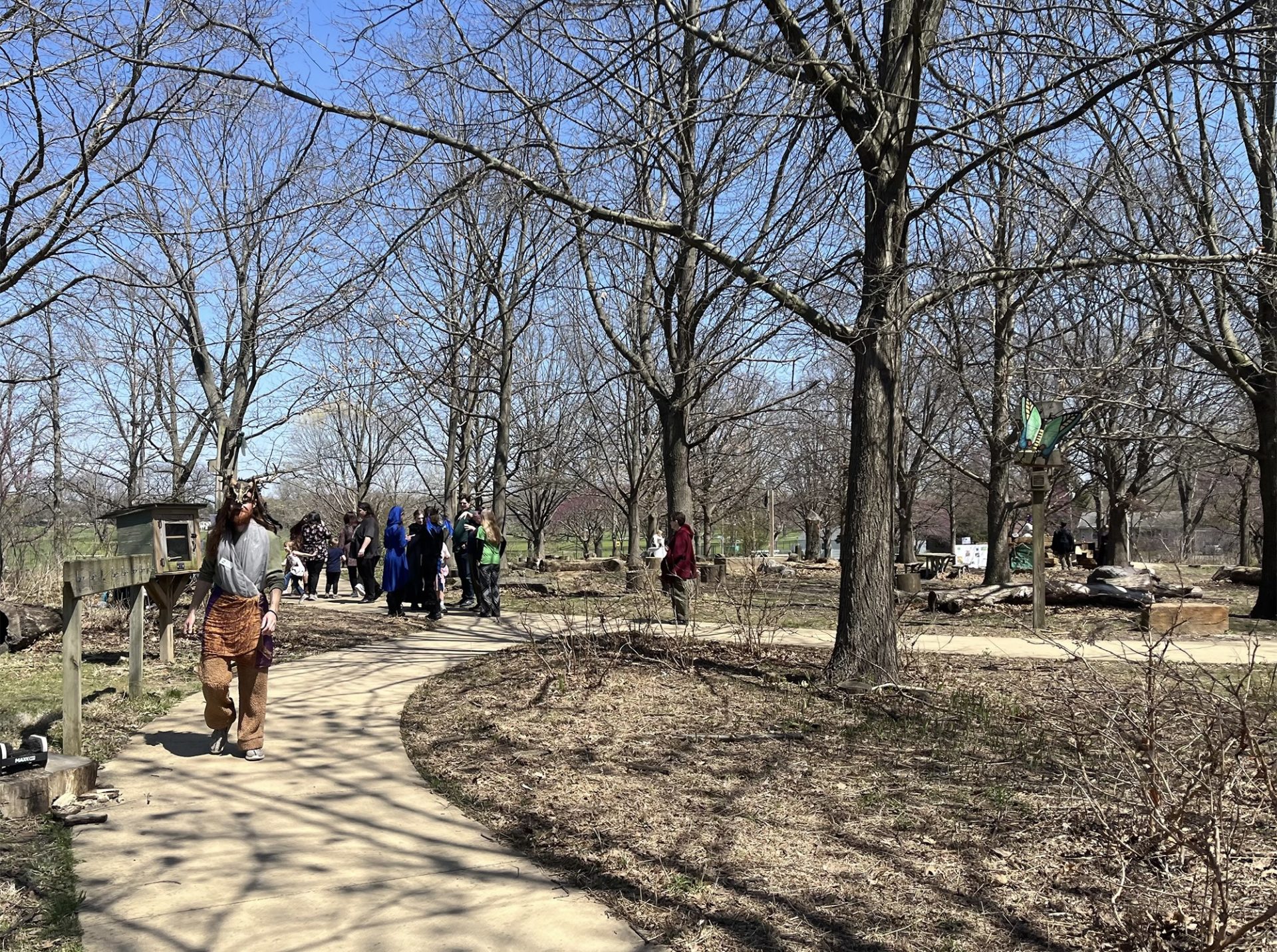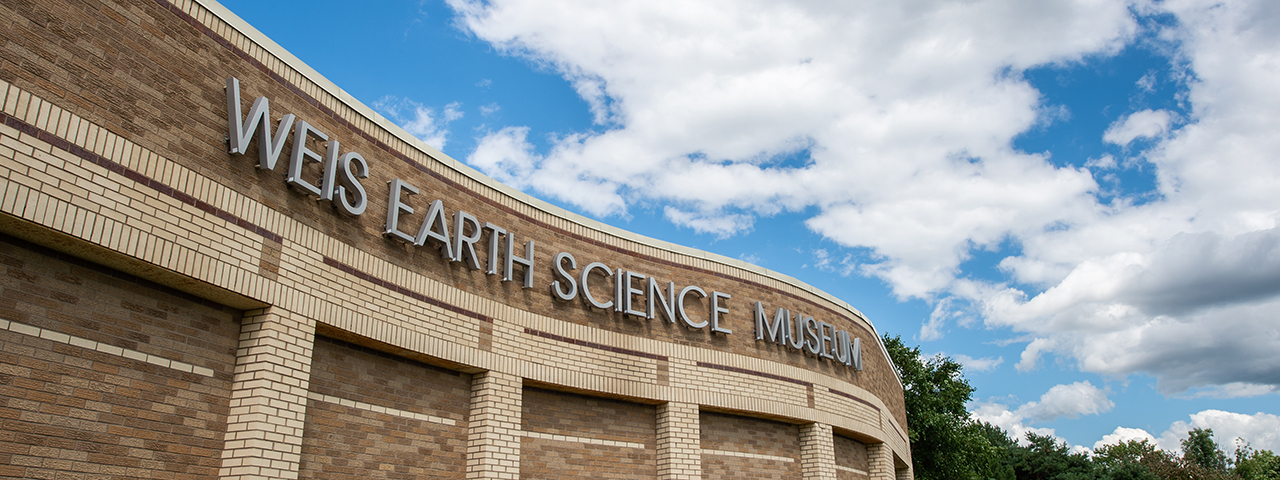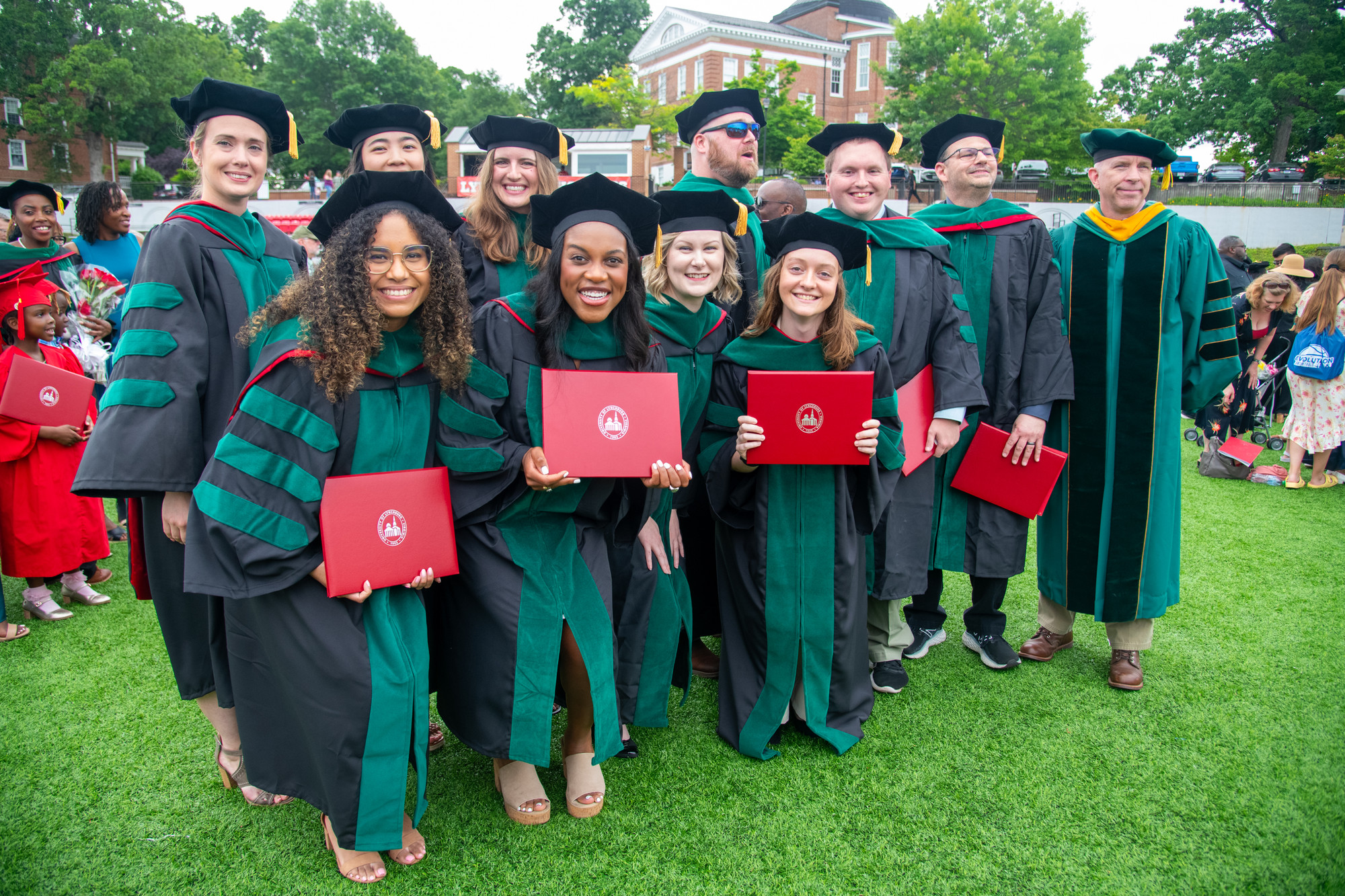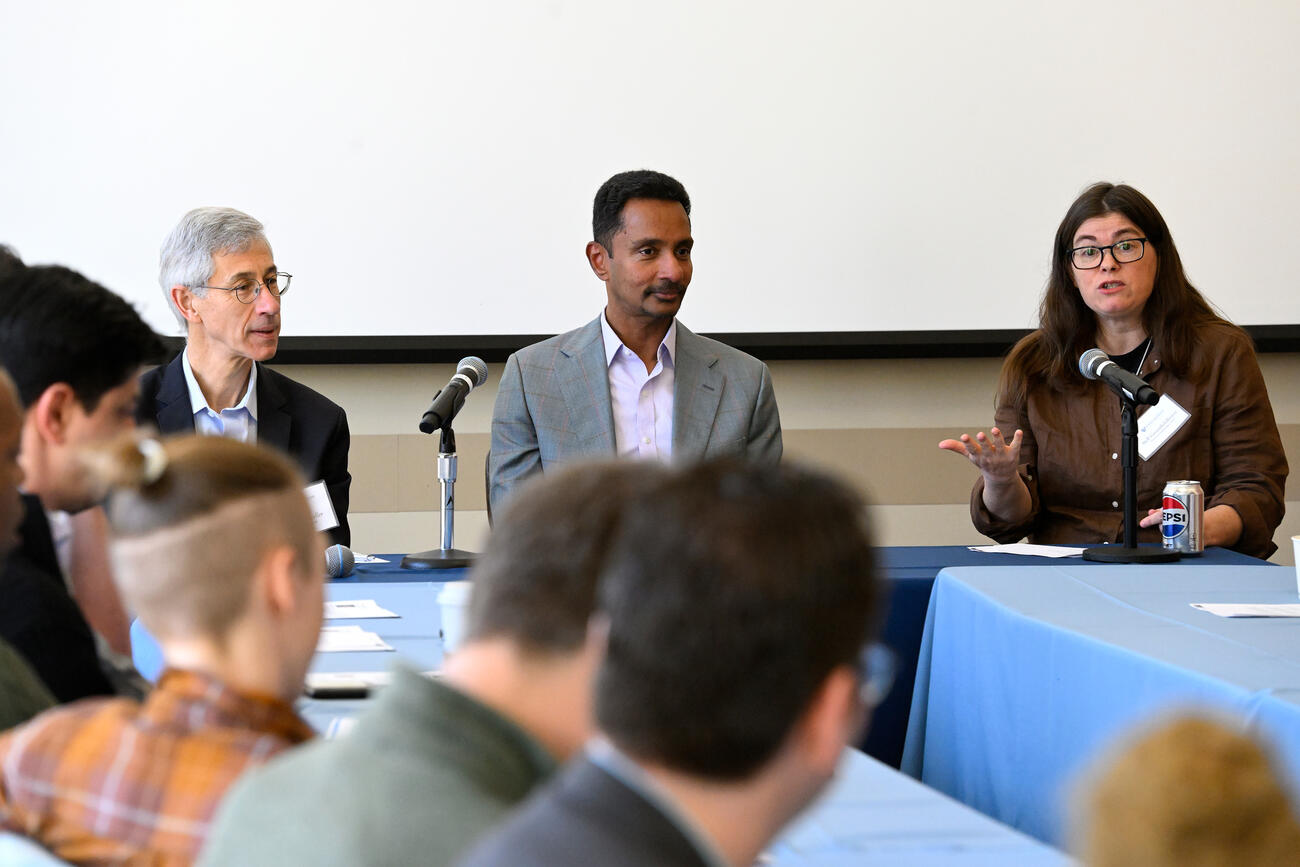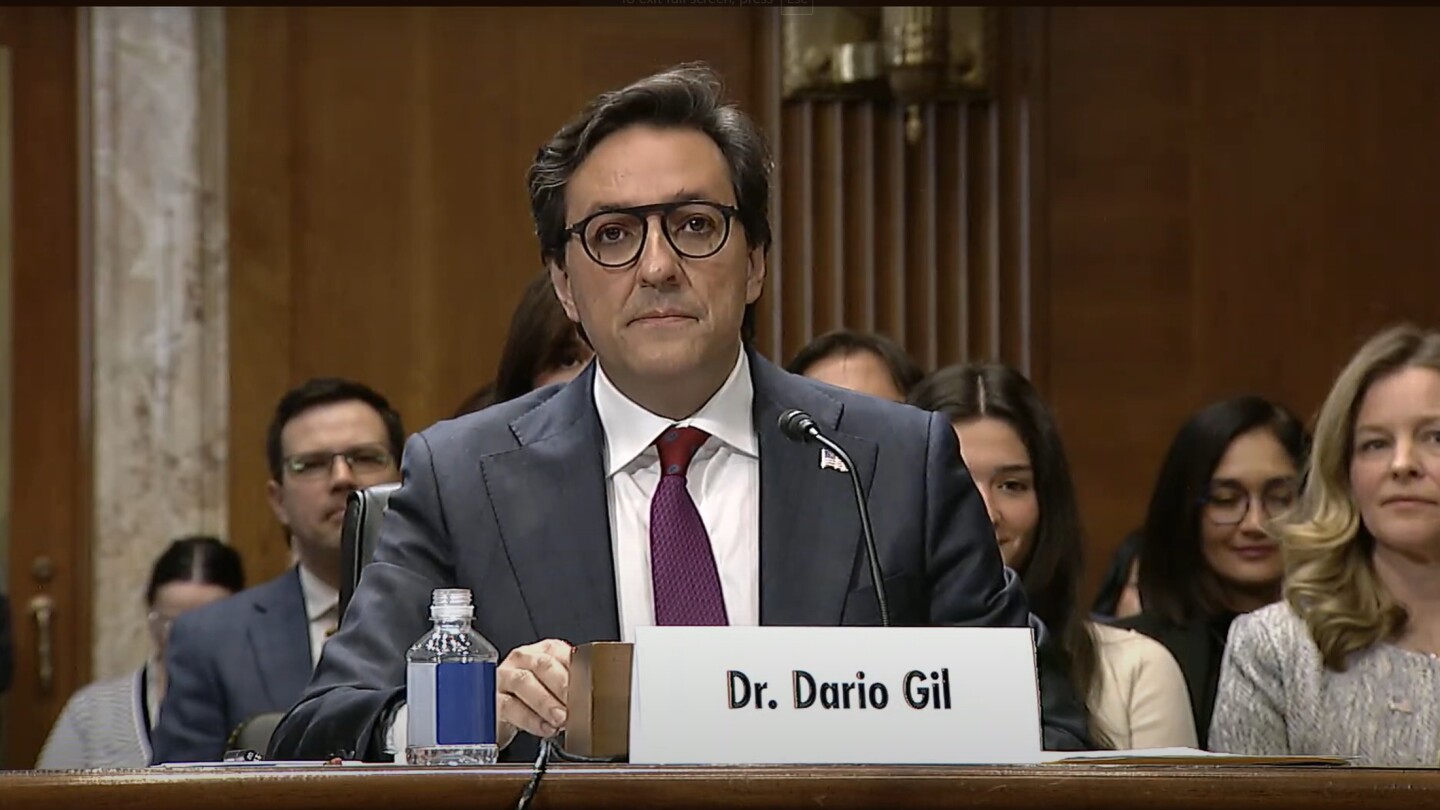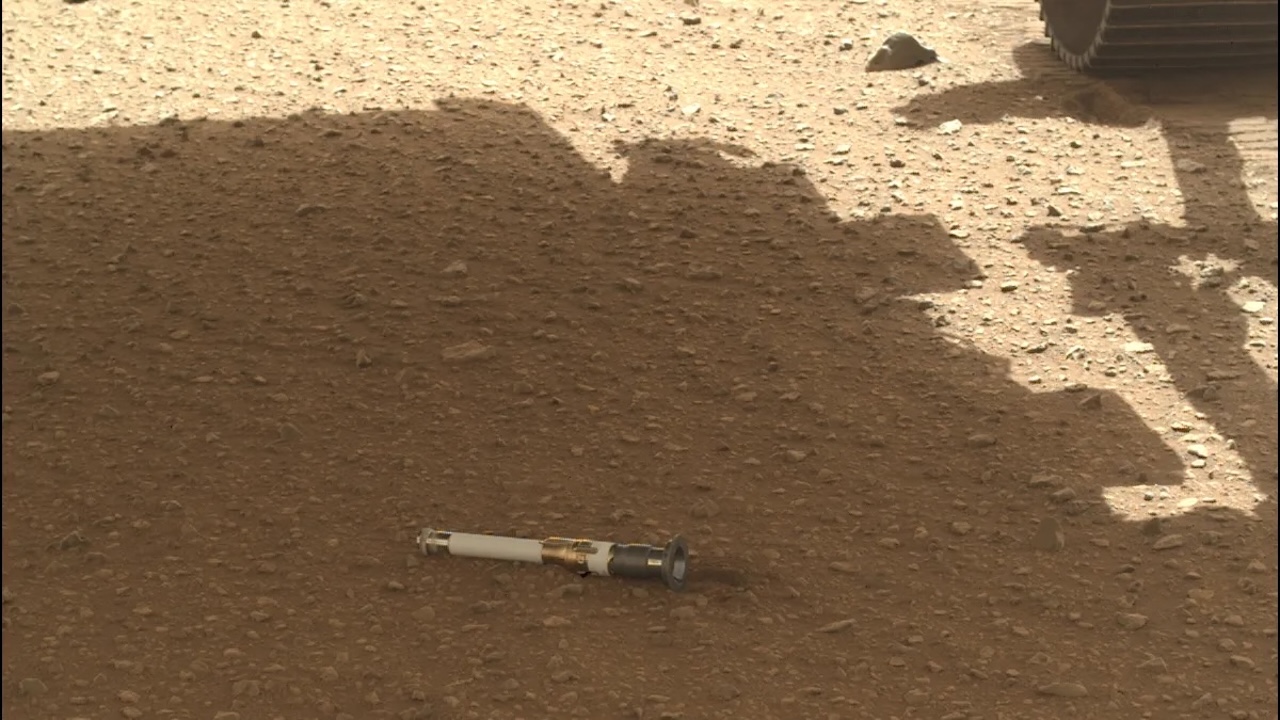
Red Planet Retrieval: Lawmakers Sound Alarm on Mars Mission Risks
Controversial Budget Proposal Threatens NASA's Scientific Exploration
A preliminary budget plan has sent shockwaves through the scientific community, proposing a drastic 50% reduction to NASA's Science Mission Directorate (SMD). This unprecedented cut could potentially cripple the agency's critical research and exploration efforts across multiple scientific domains.
The proposed budget slash would dramatically impact key scientific programs, including planetary exploration, Earth science research, astrophysics missions, and space technology development. Researchers and space advocates are expressing deep concern about the potential long-term consequences of such a significant funding reduction.
If implemented, the budget cut would likely force NASA to cancel or severely scale back numerous ongoing and planned missions. Programs that have been years in development could be abruptly halted, potentially setting back scientific understanding and technological innovation by decades.
Scientific leaders argue that such a dramatic reduction would not only harm current research efforts but also compromise the United States' global leadership in space exploration and scientific discovery. The proposed cut represents a short-sighted approach that could have far-reaching negative implications for scientific progress and national technological capabilities.
As the budget proposal moves through legislative channels, the scientific community and space exploration advocates are mobilizing to challenge this potentially devastating funding reduction. The coming months will be critical in determining the future of NASA's scientific missions and the nation's commitment to space exploration.

